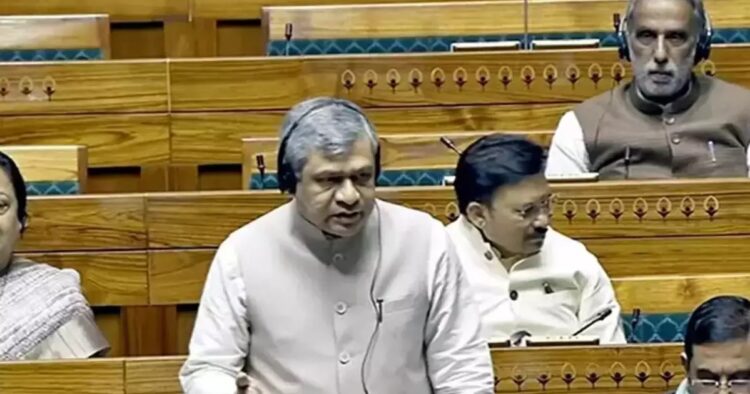In a significant move, the Telecommunications Bill, 2023, was introduced in the Lok Sabha to regulate telecommunication and online services, encompassing platforms like WhatsApp, Zoom, Reddit, and Gmail. The proposed legislation aims to bring about substantial changes to the Telecom Regulatory Authority of India (TRAI) Act, 1997, and includes broadcasters under the regulatory authority’s purview.
Key Provisions of the Bill
The bill seeks to replace outdated laws like the Indian Telegraph Act (1885) and the Wireless Telegraphy Act (1933) to adapt to the evolving landscape of technology and communication. Notably, it introduces the concept of “telecommunication identifiers” and mandates biometric-based KYC for services like Gmail and WhatsApp.
The government aims to empower authorized entities to provide telecommunication services, imposing duties on users and creating telecom standards, including encryption measures. Additionally, the bill designates telecommunication networks as “critical telecommunication networks” and proposes the renaming of the Universal Service Obligation Fund as Digital Bharat Nidhi.
Government’s Powers and Control
The bill grants the government extensive powers, allowing interception, disclosure, and suspension of services during public emergencies or for public safety reasons. This provision raises concerns about potential infringements on privacy and the threat to end-to-end encryption in services like WhatsApp.
Notably, the government can now declare any telecommunication network as “Critical Telecommunication Infrastructure,” emphasizing the impact on national security, economy, public health, or safety. The bill also addresses the cybersecurity of telecom networks, allowing the government to issue rules for data collection, analysis, and dissemination.
Regulating Broadcasters and User Duties
The proposed amendments to the TRAI Act include bringing cable television network providers under TRAI’s purview. Users face duties similar to those outlined in the Digital Personal Data Protection Act, 2023, with prohibitions against furnishing false particulars and failing to share required information.
Offences and Penalties
The bill introduces penalties for contraventions, ranging from fines for minor offenses to imprisonment and substantial fines for severe violations. Unauthorized access to telecommunication networks, tampering with identifiers, and using unauthorised services all carry penalties.
Dispute Resolution and Spectrum Allocation
Disputes will be resolved through an adjudicating officer and the Designated Appeals Committee, with provisions for further appeals. The government retains the authority to assign spectrum through auction, with exceptions for specific public interest cases.
Implications and Future Steps
The introduction of the Telecommunications Bill, 2023, sparks debates on privacy, user rights, and the government’s control over communication services. The evolving legislative landscape raises questions about the balance between national security concerns and individual freedoms in the digital age. The bill’s journey through the legislative process will undoubtedly be closely monitored for its potential impact on India’s communication landscape.

















Comments